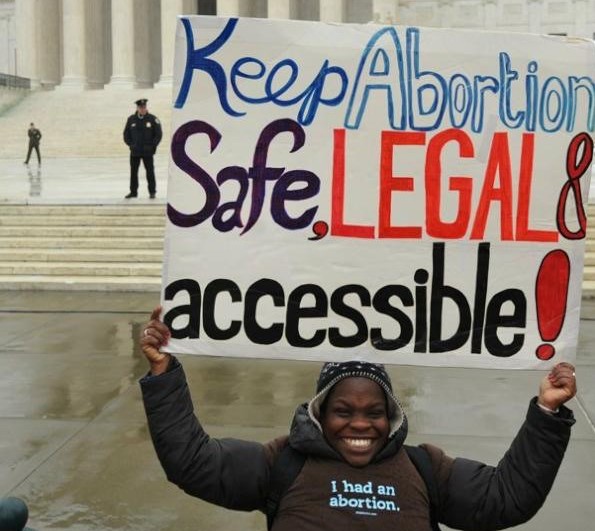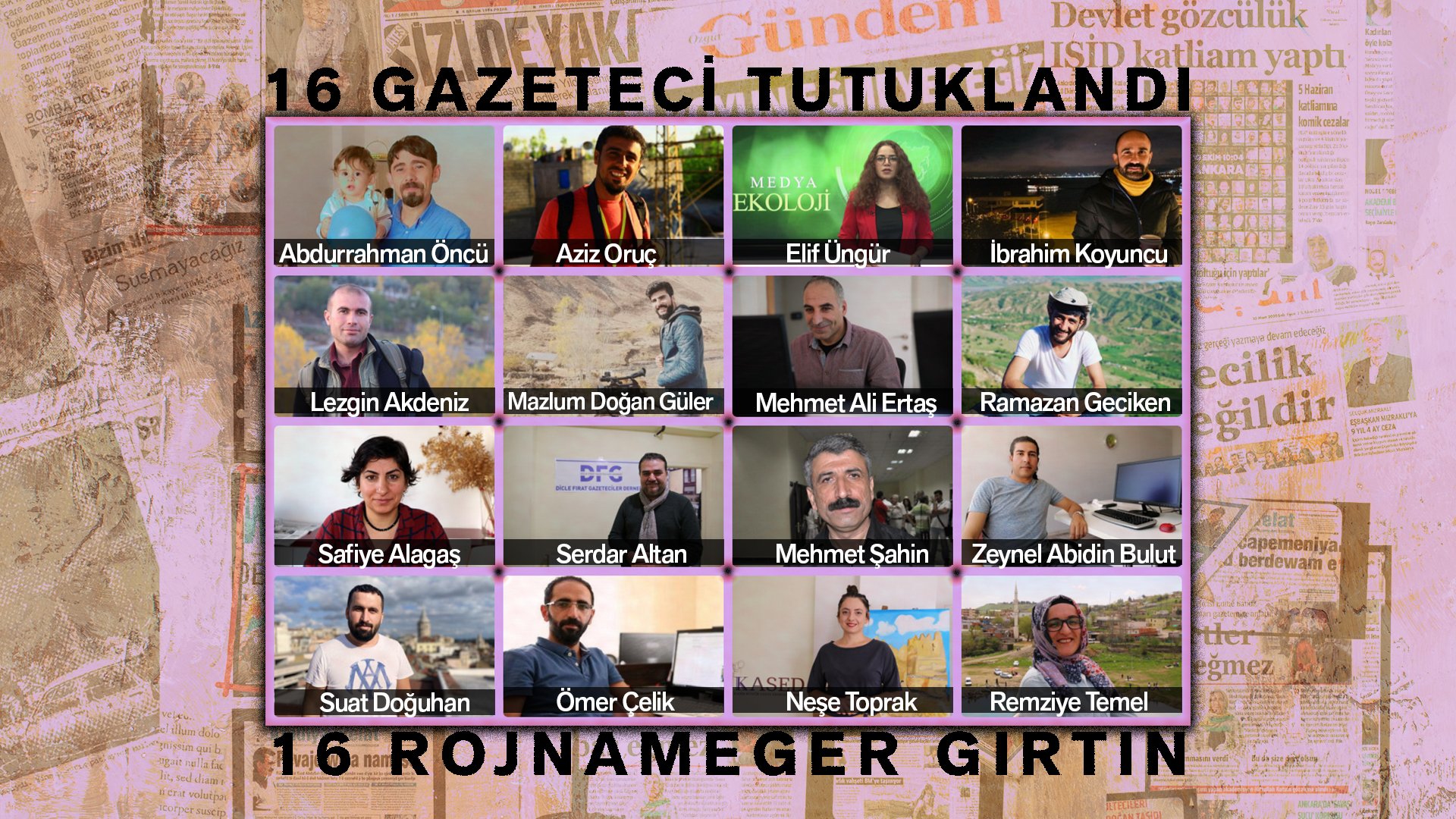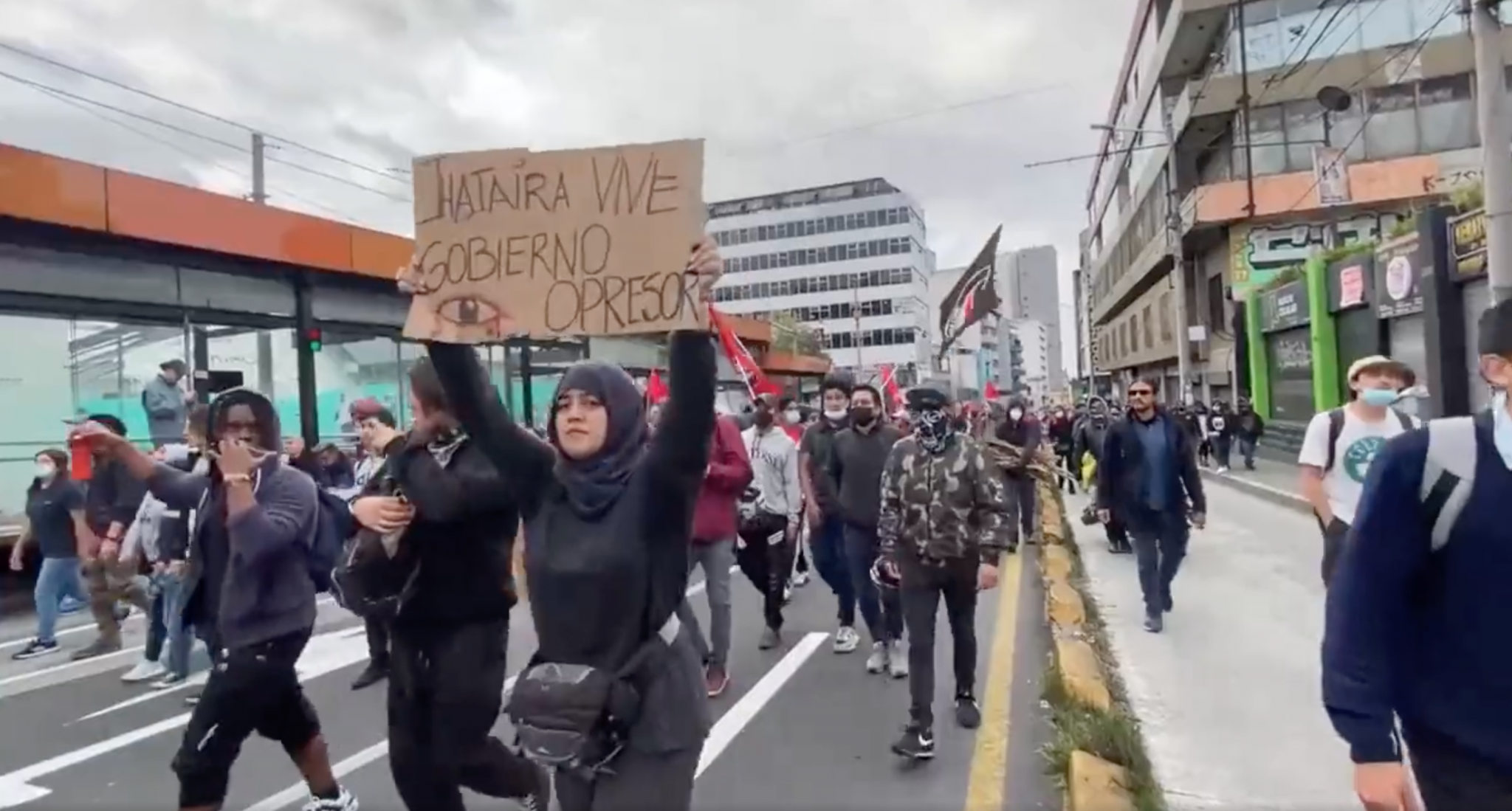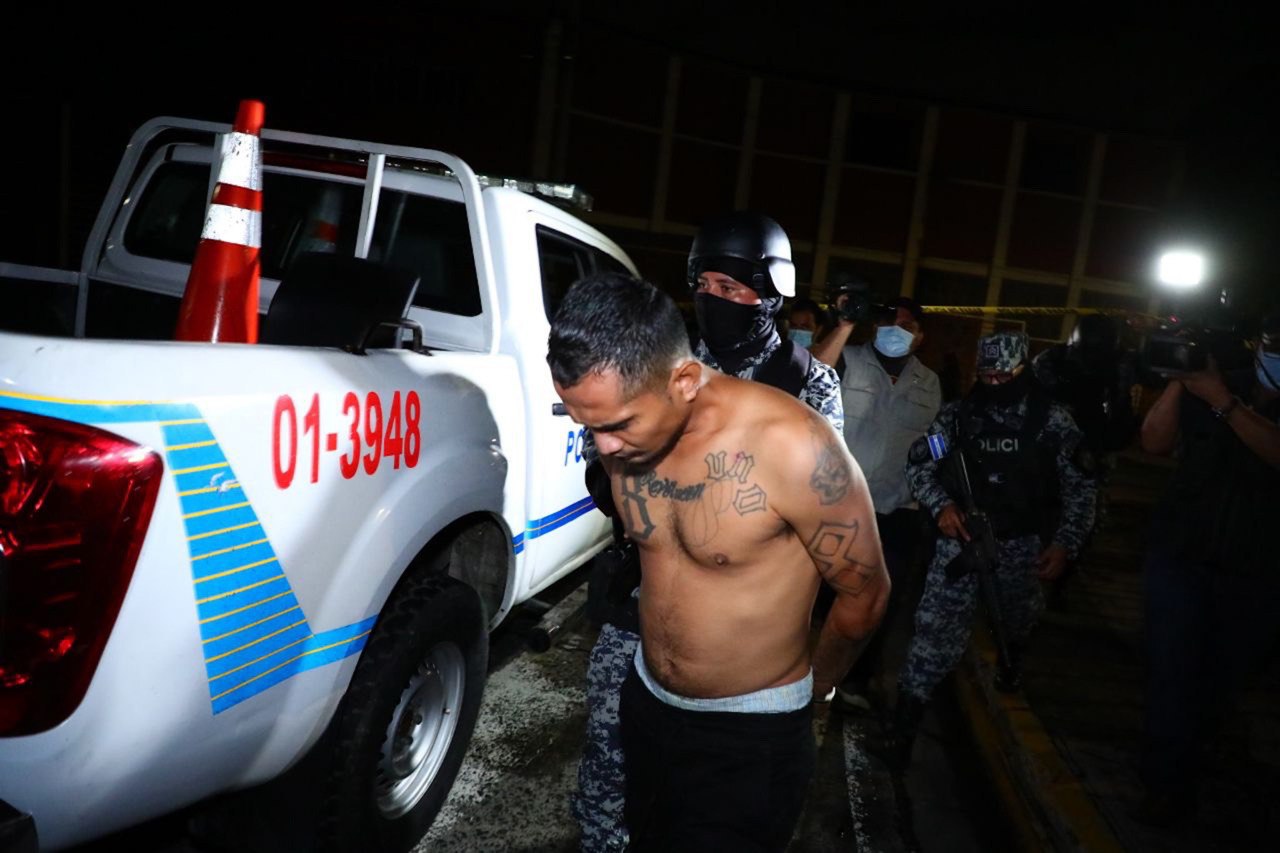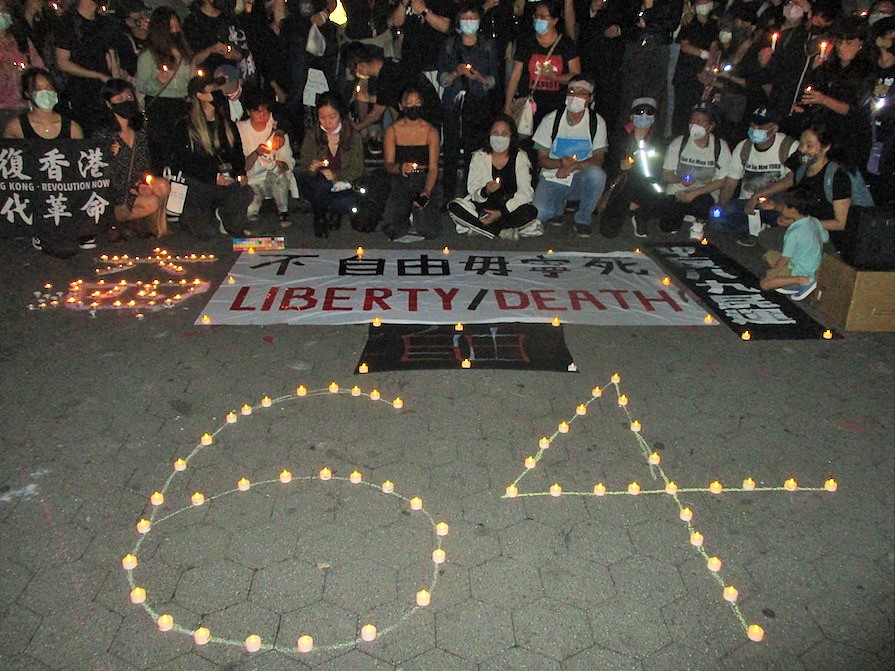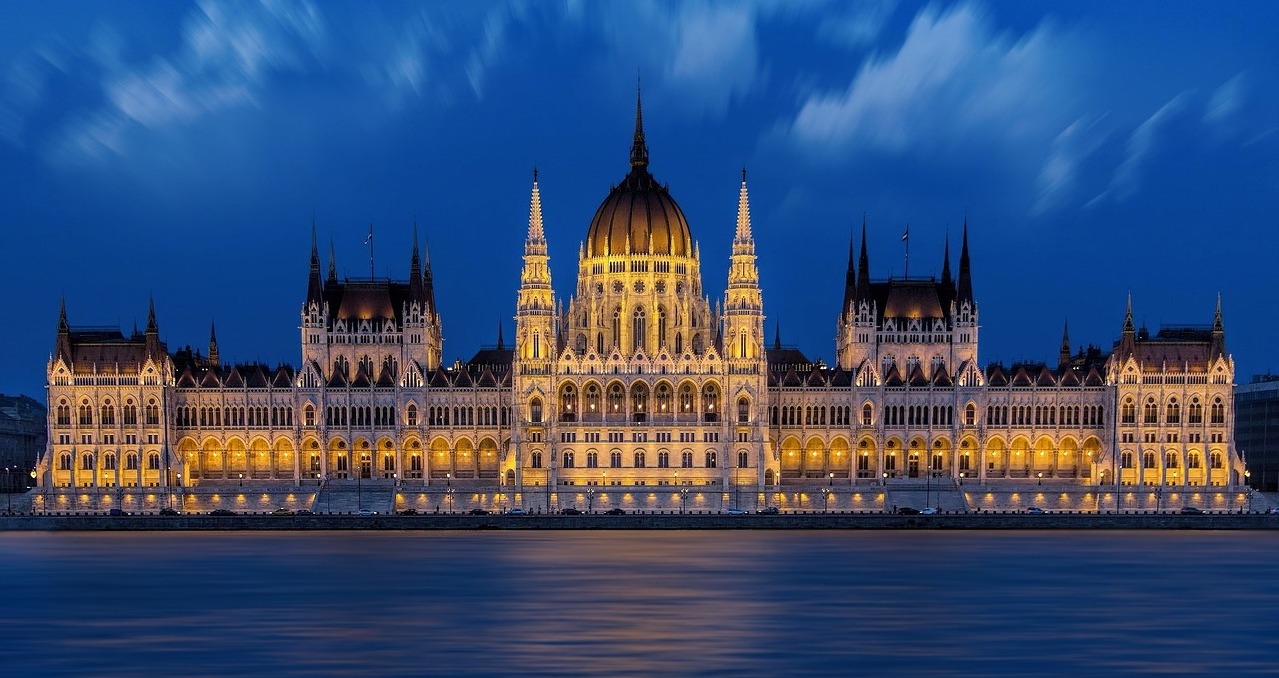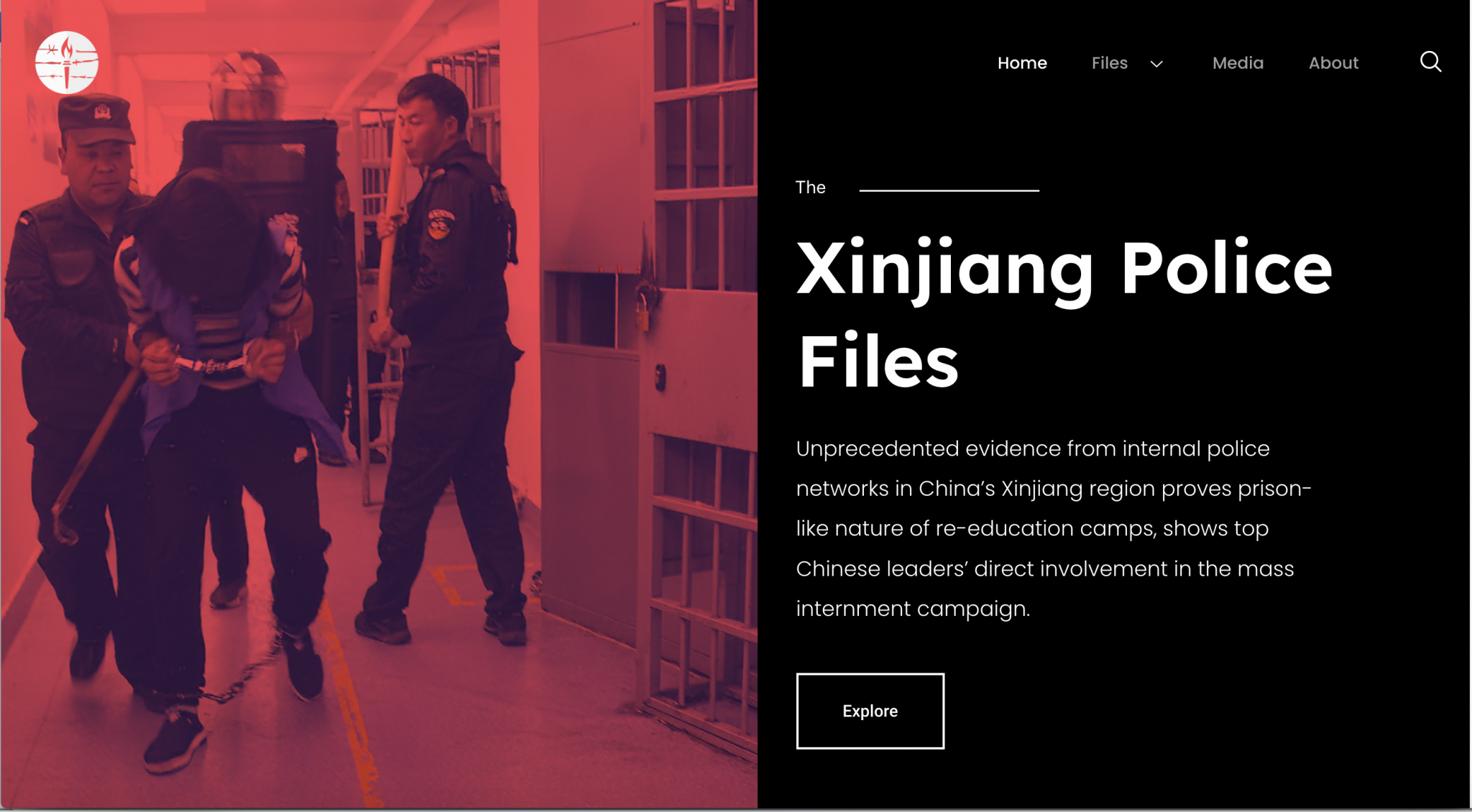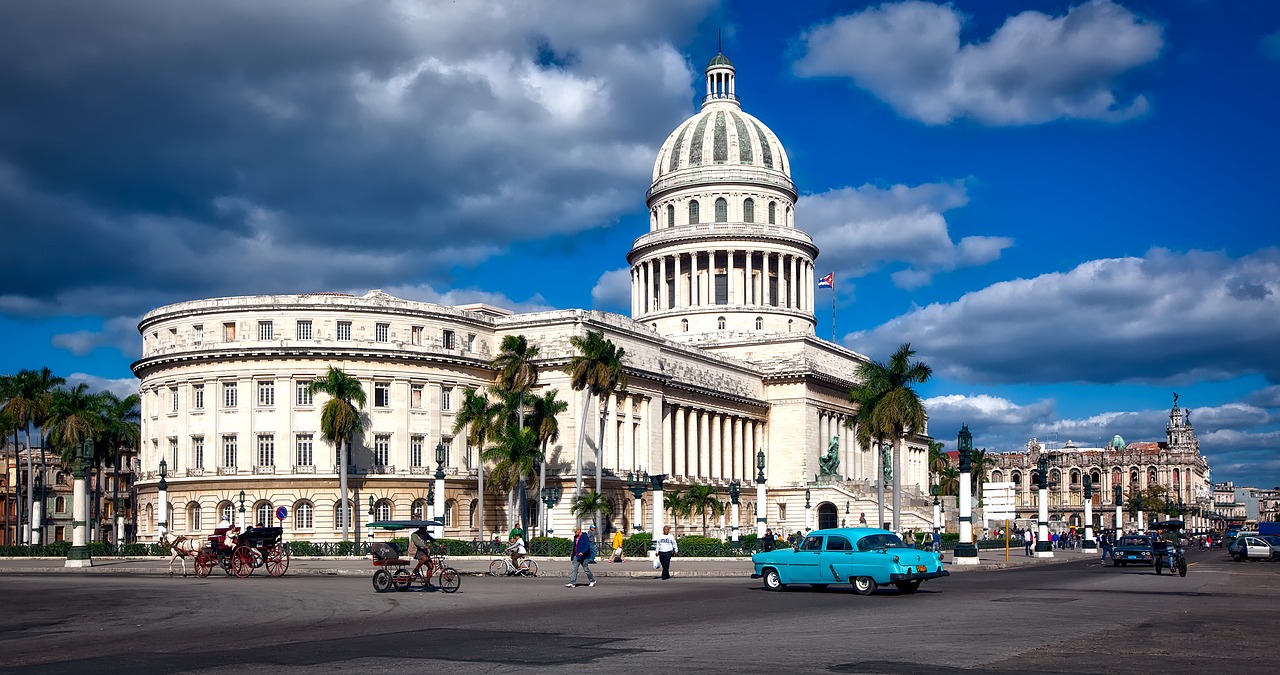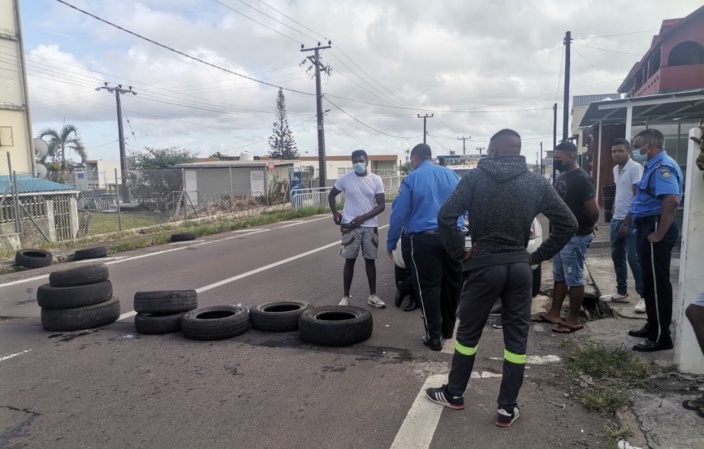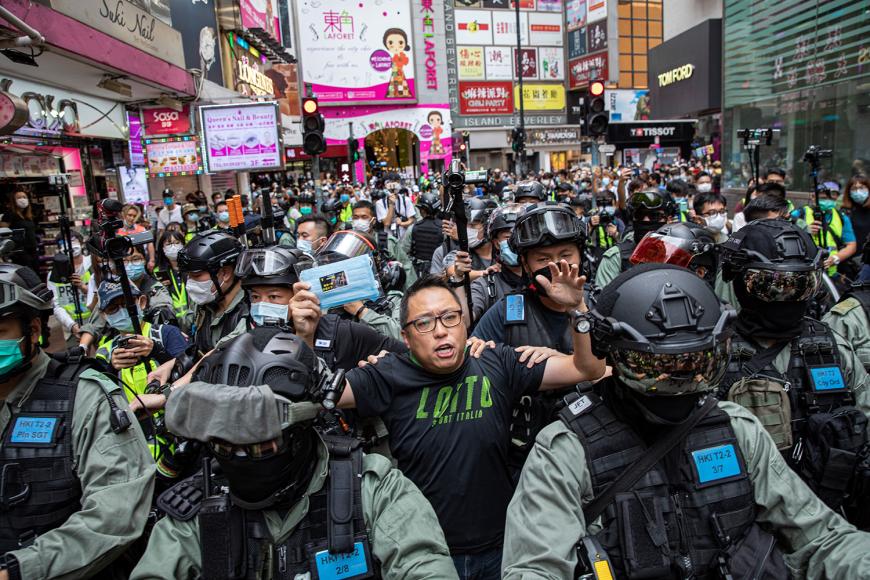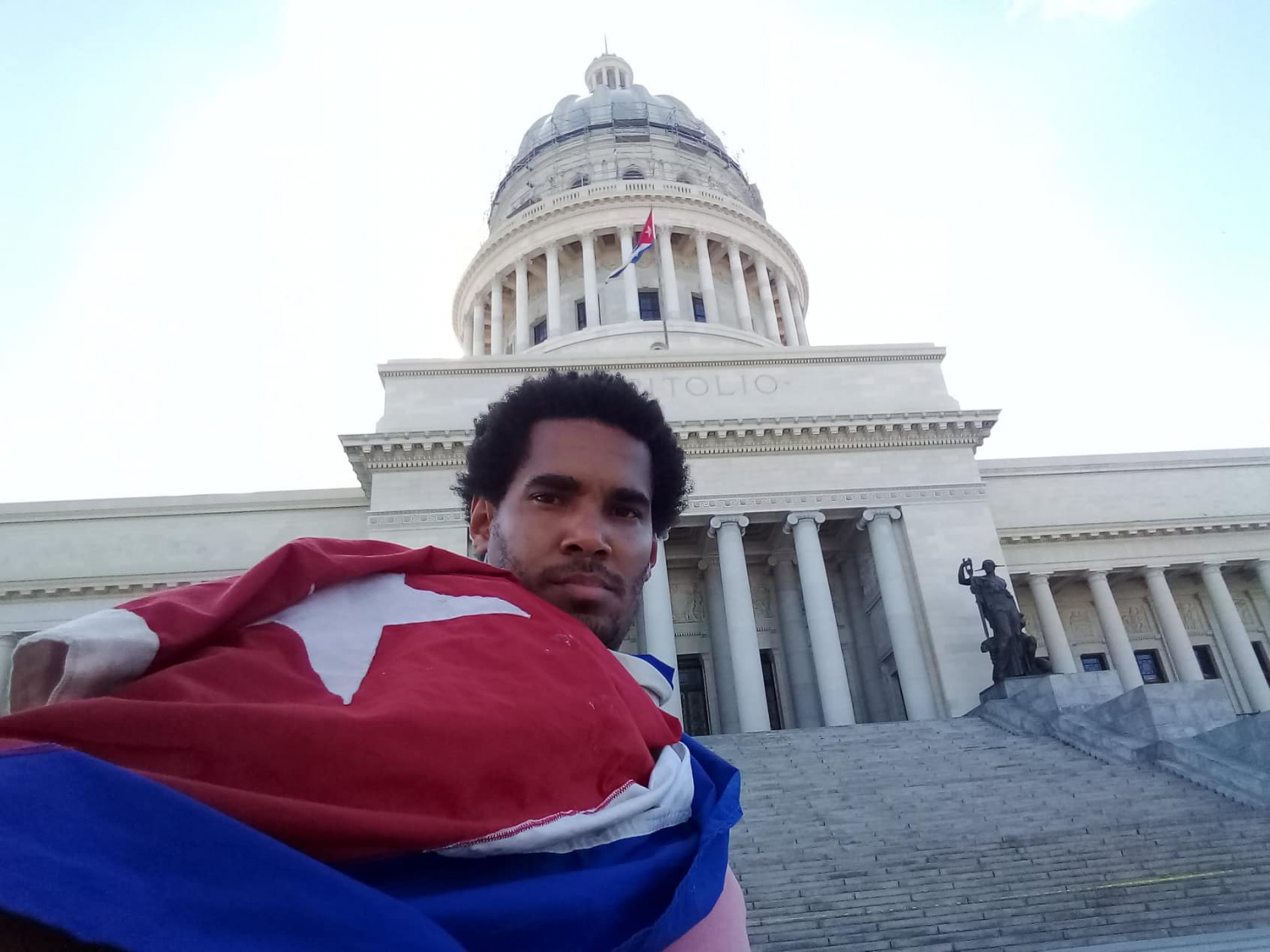
Cuba: dissident artists get prison terms
The Popular Municipal Court of Central Havana sentenced artists Luis Manuel Otero Alcántaraand Maykel Castillo Pérez to five and nine years in prison, respectively. Activist artist Otero Alcántara was sentenced for contempt, public disorder, and “insulting symbols of the homeland”—a reference to his public performances involving the Cuban flag. Rapper Maykel Castillo was found guilty of contempt, public disorder, and “defamation of institutions, heroes and martyrs.” The latter charge relates to a meme Castillo posted on social media last year criticizing Communist Party leaders. Amnesty International accused the Cuban government of “using the judicial system to criminalize critical voices.” (Photo: Hyperallergic)



